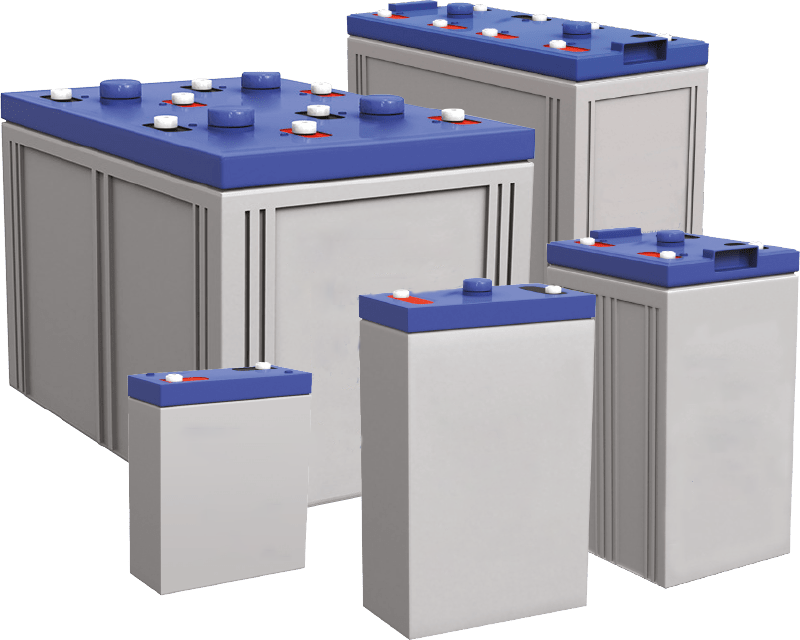Tubular batteries, also known as lead-acid tubular batteries, are a type of rechargeable battery that offers several advantages over ordinary lead-acid batteries.
- Longer Service Life: Tubular batteries typically have a longer service life compared to ordinary lead-acid batteries. This is due to their construction, which uses tubular plates that are more resistant to corrosion and degradation over time.
- Higher Energy Density: Tubular batteries have a higher energy density compared to ordinary lead-acid batteries, which means they can store more energy in a smaller space. This makes them ideal for applications where space is limited or where high energy density is required.
- Better Performance: Tubular batteries generally have better performance characteristics compared to ordinary lead-acid batteries. They can deliver higher discharge currents, have a lower self-discharge rate, and are more resistant to deep discharges, which can extend their service life.
- Improved Durability: Tubular batteries are more durable and robust compared to ordinary lead-acid batteries. They are less prone to damage from overcharging, over-discharging, and other adverse conditions, which can help to extend their service life.
- Reduced Maintenance: Tubular batteries require less maintenance compared to ordinary lead-acid batteries. They have a lower water loss rate, which means they do not need to be topped up with distilled water as frequently. Additionally, tubular batteries are less prone to plate shedding and other issues that can require maintenance in ordinary lead-acid batteries.
- Suitable for Deep Cycling: Tubular batteries are designed to handle deep cycling, which means they can be discharged to a lower state of charge without causing damage. This makes them ideal for applications where frequent deep discharges are required, such as in solar power systems or electric vehicles.
In summary, tubular batteries offer several advantages over ordinary lead-acid batteries, including longer service life, higher energy density, better performance, improved durability, reduced maintenance, and suitability for deep cycling. These advantages make them well-suited for a variety of applications, including backup power systems, solar power systems, electric vehicles, and more.


